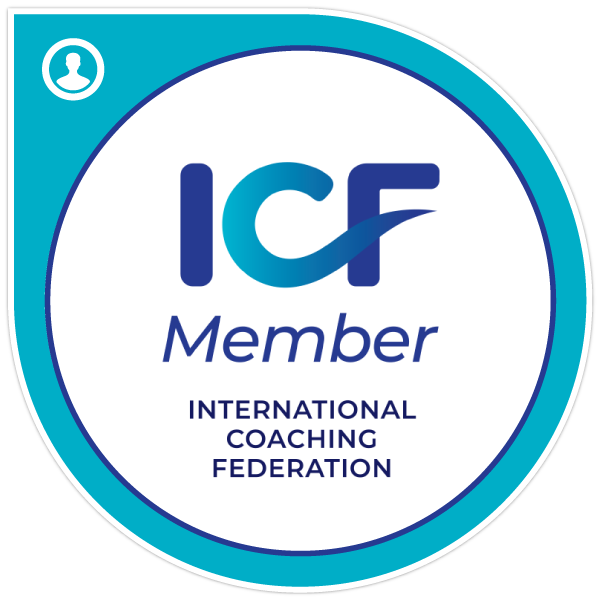How often have you made an assumption and later realized that you were completely wrong? Perhaps you thought that a colleague was uninterested in a project when they were actually just having a stressful week. Or maybe you assumed that your boss didn't appreciate your work, when in fact it was the opposite.
Assumptions are something we make all the time, often unconsciously. They are formed based on our experiences, fears, and perceptions of the world. The problem is that they often limit us, create unnecessary stress, and sometimes lead to poor decisions. But what happens if we instead start questioning our assumptions? What if we focus on what we can actually control and influence?
Stephen R. Covey and the circles of concern and influence
In the book "The 7 Habits of Highly Effective People" Stephen R. Covey introduces the concepts Circle of Concern and Circle of Influence. His point is simple yet powerful: People who focus their energy on what they can influence become more effective and less stressed. Those who instead expend their energy on things outside their control tend to feel powerless and frustrated.
Circle of Concern – where energy is wasted
The Circle of Concern encompasses everything we worry about but cannot control. This can include economic crises, changes in the organization, politics, or what other people think and do. When we spend too much energy on these things, we lose both our sense of agency and our wellbeing.
A classic example is leaders who get stuck worrying about reorganizations, competitors' strategies, or how the team will react to changes. Instead of taking initiative and leading forward, they become trapped in reactivity and stress.
Circle of Influence – where real change happens
The Circle of Influence is the part of reality where we have the ability to affect the outcome. Here, we can actively contribute to change, develop relationships, and make decisions that make a difference. A leader who focuses on their Circle of Influence can:
- Communicate more clearly to create a sense of security within the team.
- Coach their team members to enhance their performance and motivation.
- Adapt their strategy and leadership based on the situation.
What Covey emphasizes is that the more we focus on the Circle of Influence, the more it expands. When we act proactively and take responsibility, our ability to influence grows.
The shift from assumptions to insights
When we get stuck in assumptions, we often operate within Circle of Concern. We worry about how others perceive us, what can happen and how things should be. But by actively shifting our focus to Circle of Influence – what we can actually influence – we become more proactive, less stressed, and better leaders.
Three questions that can change your perspective
- What do I really know? – Is it a fact or an assumption?
- What can I do about the situation? – Is it something I can control or influence?
- How can I accept what I cannot change? – Can I let it go and move on?
Leadership and coaching: The key to letting go of assumptions
As a leader, it can be easy to get stuck in assumptions about your team members – 'They are not engaged,' 'They don't understand the vision,' 'I have to micromanage to get results.' However, by applying Circle of Concern and Circle of Influence you can instead:
- Ask more questions instead of assuming. Good questions lead to better answers – and better decisions.
- Focus on how you can influence rather than getting stuck in frustration.
- Accept what you cannot control and focus your energy on the right things.
Here is a simple exercise you can try:
- Write down a challenge you are struggling with.
- Divide it into the three categories: control, influence, no control.
- Decide where to focus your energy.
What do you choose to focus on?
Being an effective leader is not about knowing everything – it's about understanding what truly matters. The more you focus on what you can influence, the greater impact you will have. Assumptions will always exist, but you can choose to challenge them and act more wisely.
👉 Are you ready to shift your focus from worry to influence? Book a complimentary introductory call here and let us explore together how you can develop your leadership by focusing on the right things.


